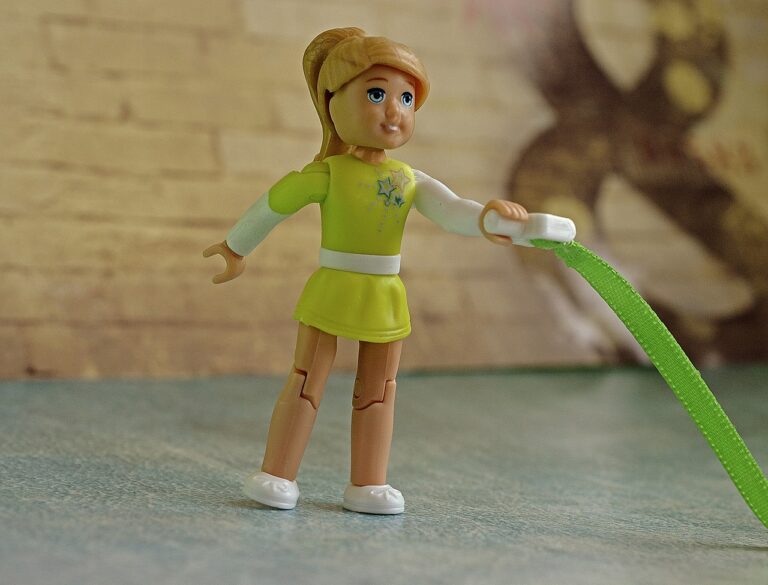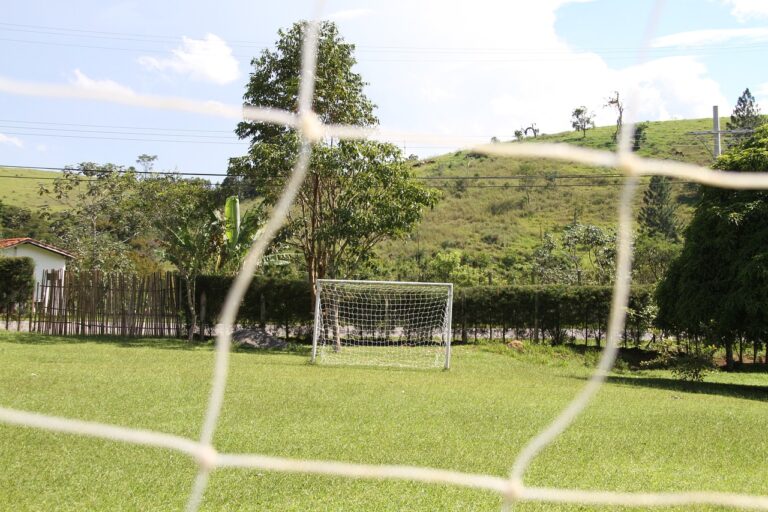Sustainable Pest Control Methods for IPL Stadiums: Betbhai.com, Cricbet99, Diamond exchange 9
betbhai.com, cricbet99, diamond exchange 9: With the excitement of the Indian Premier League (IPL) filling the air, it’s crucial for stadiums to ensure that they are not only providing a great experience for fans but also taking steps towards sustainability. One key aspect of sustainability is pest control, as pests can not only be a nuisance to spectators but also pose a threat to the overall upkeep of the stadium. In this article, we will explore sustainable pest control methods for IPL stadiums to ensure a safe and enjoyable environment for everyone.
Integrated Pest Management (IPM)
Integrated Pest Management (IPM) is a holistic approach that focuses on prevention, monitoring, and control of pests through environmentally sensitive practices. IPL stadiums can implement IPM by identifying potential pest threats, monitoring pest activity, and using a combination of methods such as biological control, habitat modification, and least toxic pesticides to manage pests effectively.
Natural Predators
One sustainable pest control method for IPL stadiums is the introduction of natural predators. Predatory insects like ladybugs and parasitic wasps can help keep pest populations in check without the need for harmful chemicals. By creating a habitat that attracts these natural predators, stadiums can reduce the reliance on pesticides and promote a healthier ecosystem.
Organic Pesticides
When traditional pesticides are necessary, stadiums can opt for organic pesticides that are derived from natural sources such as plants or minerals. These pesticides are less harmful to the environment and non-target species, reducing the risk of contamination and promoting a more sustainable approach to pest control.
Exclusion Techniques
Another effective pest control method for IPL stadiums is exclusion techniques, which involve sealing off entry points and preventing pests from accessing the stadium. This can include installing screens on windows and doors, sealing cracks and crevices, and using barriers to deter pests from entering the premises.
Proper Waste Management
Proper waste management is essential for preventing pest infestations in IPL stadiums. By ensuring that waste bins are tightly sealed, garbage is promptly removed, and food spills are cleaned up, stadiums can reduce attractants for pests like rodents and cockroaches. Regular maintenance of the stadium grounds can also help eliminate breeding grounds for pests.
Education and Training
Educating staff and stakeholders about sustainable pest control practices is key to maintaining a pest-free environment in IPL stadiums. By providing training on identifying pests, implementing IPM strategies, and promoting a culture of sustainability, stadiums can empower individuals to play an active role in pest management.
FAQs
Q: Are organic pesticides as effective as traditional pesticides?
A: While organic pesticides may require more frequent applications, they can be just as effective as traditional pesticides when used correctly.
Q: How can stadiums attract natural predators to help with pest control?
A: Planting native vegetation, providing water sources, and avoiding the use of broad-spectrum pesticides can help attract natural predators to the stadium environment.
Q: What should I do if I spot pests in the stadium?
A: Report any pest sightings to the stadium’s pest control team immediately to address the issue promptly and prevent further infestations.
In conclusion, sustainable pest control methods are essential for IPL stadiums to create a safe and enjoyable experience for fans while minimizing environmental impact. By implementing IPM, using natural predators, opting for organic pesticides, practicing exclusion techniques, managing waste properly, and educating staff, stadiums can achieve effective pest control in a sustainable manner. Together, we can ensure that IPL stadiums remain pest-free while promoting a greener future for all.







